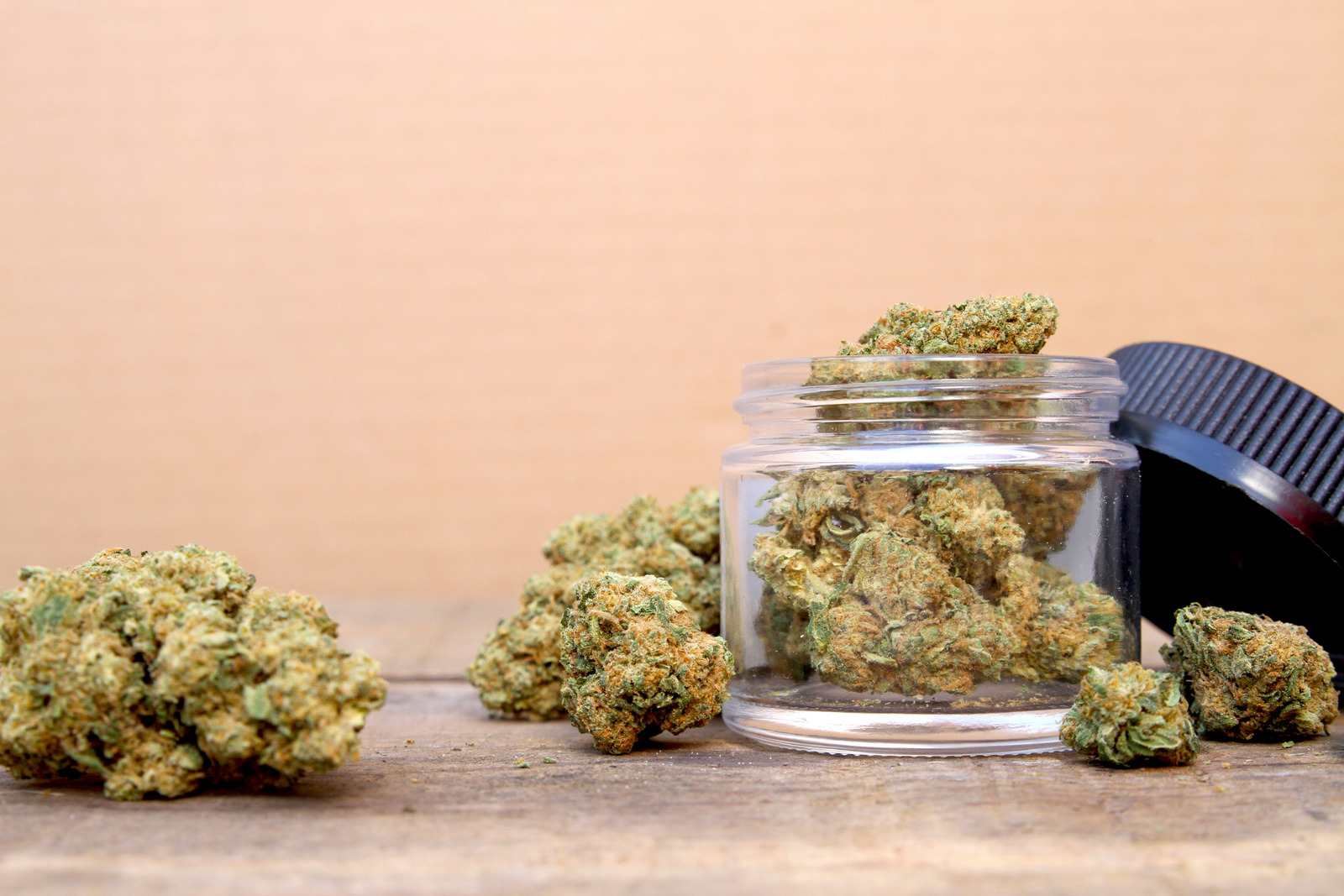Understanding Marijuana Use and Why Quitting Can Improve Your Health
As marijuana legalization gains momentum and social acceptance continues to rise, it is important to recognize that increased availability can also contribute to problematic usage patterns.[1, 2] Although marijuana may offer benefits for some individuals, including pain relief or relaxation, recreational use can sometimes lead to dependence and negative health outcomes.
Understanding the benefits of stopping marijuana use can help you make informed decisions, especially during a time when access to cannabis products is more widespread than ever.
Can Someone Become Addicted to Marijuana
Yes. Using marijuana can lead to a pattern of problematic use formally known as cannabis use disorder.[3] Although marijuana is generally less addictive than substances such as nicotine or opioids, some individuals do develop a dependence on it.
Cannabis use disorder involves compulsive marijuana use even when it leads to harmful consequences in areas such as work, school, or relationships.[4] Common signs include cravings, increased tolerance, withdrawal symptoms, irritability, sleep difficulties, mood swings, and loss of control over use. People with cannabis use disorder often spend significant time obtaining and using marijuana at the expense of responsibilities or social activities.
Short Term and Long Term Effects of Marijuana Use
Marijuana use may lead to a range of short term and long term effects that impact physical health, mental health, and daily functioning.[5]
Short Term Effects
- Euphoria and relaxation Marijuana may produce feelings of happiness, calmness, and relaxation.
- Altered perception and coordination Marijuana can impair judgment, motor skills, and reaction time, which makes activities such as driving unsafe.
- Increased heart rate Marijuana temporarily elevates heart rate and blood pressure.
- Dry mouth and red eyes Dry mouth and bloodshot eyes are common immediate effects.
- Memory and cognitive impairment Short term memory, concentration, and problem solving abilities may be affected while under the influence.
- Anxiety or paranoia Some people experience heightened anxiety or paranoia, especially with higher doses.
Long Term Effects
- Respiratory concerns Smoking marijuana regularly may contribute to chronic bronchitis, coughing, and other respiratory issues.
- Cognitive impact Long term heavy use, particularly during adolescence, may impair learning, memory, and cognitive processing.
- Increased risk of psychiatric conditions Research has linked long term marijuana use to higher risks of psychiatric disorders, including schizophrenia, especially among individuals with underlying vulnerability.
- Dependence Some individuals develop dependence and experience withdrawal symptoms when they stop using marijuana.
- Potential developmental impact Heavy use during adolescence may interfere with normal brain development and contribute to long lasting emotional or cognitive challenges.
What Are the Physical and Psychological Health Benefits of Quitting Marijuana
Stopping marijuana use can lead to meaningful improvements in both physical and psychological well being. Many individuals notice better lung function, sleep quality, mood stability, cognitive clarity, and motivation.[6, 7, 8, 9]
Physical Benefits

- Improved respiratory function Stopping marijuana smoking allows lung function to improve and reduces risks associated with chronic bronchitis and other breathing problems.
- Reduced cardiovascular strain Quitting marijuana helps stabilize heart rate and blood pressure and may lower cardiovascular risks, especially for individuals with pre existing conditions.
- Better sleep Although some people use marijuana for sleep, long term use may disrupt natural sleep cycles. Many individuals report more restorative and consistent sleep after quitting.
- Enhanced physical energy Quitting can increase overall energy and motivation, which may support a more active lifestyle.
- More balanced appetite Marijuana can increase hunger or disrupt eating patterns. Stopping use may help restore natural appetite regulation and support healthier weight management.
- Potential improvement in immune response Some research suggests heavy marijuana use may suppress immune function. Quitting may support more balanced immune system functioning.
- Lower risk of accidents Since marijuana impairs coordination and reaction time, quitting significantly reduces risks of injury.
Psychological Benefits
- Greater mental clarity Many people experience clearer thinking, improved concentration, and better memory after stopping marijuana use.
- Improved mood stability Long term marijuana use may contribute to irritability, mood swings, or heightened anxiety. Quitting often supports more stable emotional regulation.
- Increased motivation Some individuals notice greater motivation and improved follow through on personal goals after quitting marijuana.
- Healthier coping skills Without relying on marijuana for stress relief, individuals often develop stronger coping strategies and emotional resilience.
- Potential improvements for mental health conditions Some people with anxiety, depression, or psychosis notice improvements after quitting marijuana. Since each person is unique, initial challenges may occur before benefits emerge.
- Boost in self confidence Successfully reducing or stopping marijuana use can improve self esteem and provide a sense of empowerment.
How to Get Help for Marijuana Use
If you are looking for support with marijuana use, you have several helpful options available. Speaking with a healthcare professional or addiction specialist is an excellent first step. They can assess your needs and recommend appropriate treatment for substance use disorders, including therapy and ongoing support.
Lean on supportive friends or family members who can provide encouragement and accountability during your recovery process.
You can also explore structured care at a professional treatment center. At The Heights Treatment in Houston, we offer evidence based Partial Hospitalization Programs, Intensive Outpatient Programs, and Outpatient Programs designed to support individuals facing substance use and mental health challenges. These programs may include individual therapy, group counseling, educational services, and holistic approaches that support long term recovery.
If you are ready to begin your healing journey, our Houston clinical team is here to provide compassionate, individualized care.





